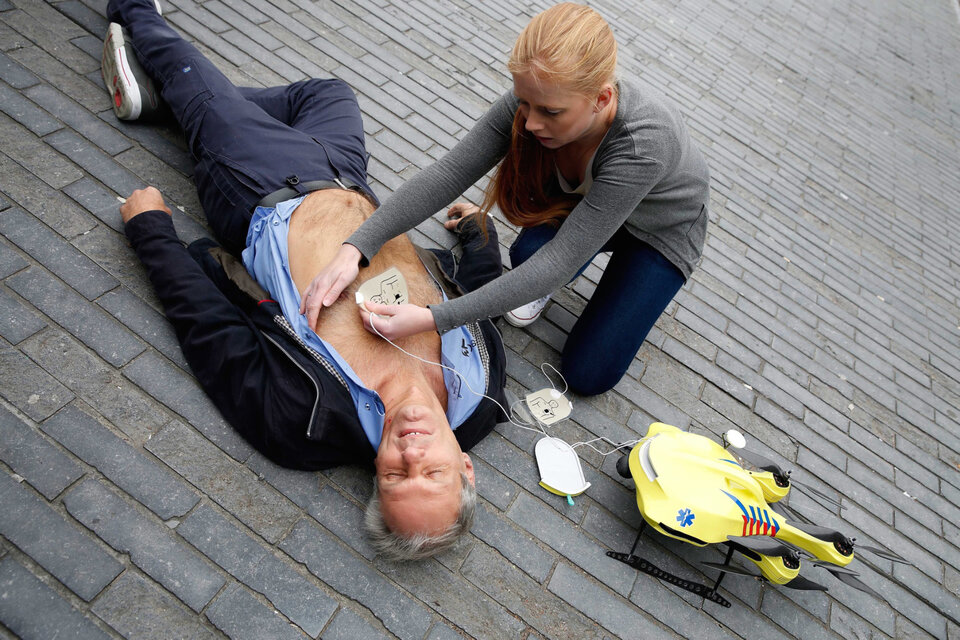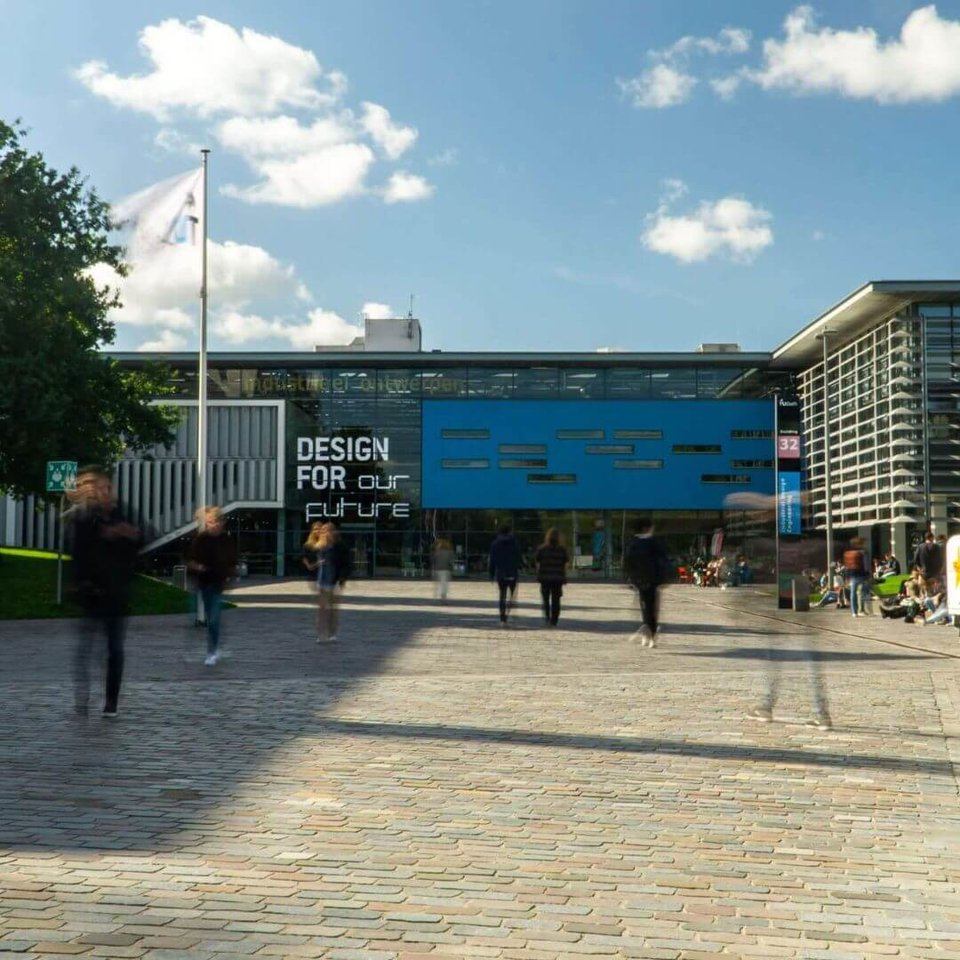Programme
The Master's in Integrated Product Design (IPD) is a two-year programme. The first year covers general competences through the faculty core and programme core courses. You will also be able to shape your own learning path by choosing courses along three themes. In the second year, you will specialise or broaden your scope in a free elective semester and conduct your graduation project in the final semester.
In order to complete the IPD programme, students should complete the core courses (two faculty core, three programme core courses and two design studios), a programme elective part (three programme electives), a free elective part (worth 30 ECs), and the graduation project.
Programme Overview
Semester 1
Course Descriptions
The different course types are explained below.
-
These compulsory courses bring together all Industrial Design Engineering master’s students, offering them the opportunity to share their experiences and perspectives.
- Faculty Core 1: Delft Lectures on Design
5 EC, Fall Semester - Q1
This course explores how design addresses current disciplinary and societal challenges. It also addresses historic models, technological change, and societal drivers in relation to contemporary discourse in research and design.
- Faculty Core 2: Design Processes and Practices
5 EC, Spring Semester - Q3
This course equips students with theoretical foundations and practical insights that foster critical thinking and reflecting by delving into key concepts, methods, and emerging technology-design interconnections.
- Faculty Core 1: Delft Lectures on Design
-
These courses introduce students to the core of advanced product design in terms of theoretical grounding, core competencies and research methods. These courses offer foundational knowledge on technology, human-centred design, and research. Students also complete an advanced design studio project.
- Advanced Product Engineering
5 EC, Fall Semester - Q1
This course introduces computational techniques for modelling, simulation, and data analysis, applied to designing efficient, sustainable physical and digital products. Students learn to use tools like FEA, CFD, and Python for simulations, and how to apply and assess them effectively while gaining insight into technique limitations.
- Cognitive and Psychological Foundations for Product Design
5 EC, Fall Semester - Q2
This course explores cognitive ergonomics and psychology's role in product design, delving into theoretical foundations of cognitive science and practical techniques for user-centred product design. Students gain insight into designing products that offer efficient and usable interactions by deeply understanding human-product interactions.
- Empirical Design Research
5 EC, Fall Semester - Q2
This course equips students with foundational knowledge in design research and skills to conduct high-quality research within both design and scientific contexts. Through case studies and diverse projects, students learn key research methods, enabling effective planning and execution of research for different design stages and purposes.
- Design Studio 1: Products Now Studio
10 EC, Fall Semester - Q1 & Q2
In this project course, students delve into sustainable product design strategies and methods, crafting environmentally responsible products through real-world case studies, research, and client projects. Through hands-on experiences, students deepen their grasp of sustainable and human-centred design principles and methods.
- Advanced Product Engineering
-
Programme electives and related design studios are advanced courses that are tailored for programme-specific competences. Each of these electives belongs to a theme which is linked to areas of expertise within the faculty. In addition, students follow a design studio running in parallel.
- Digital Design and Artificial Intelligence
This theme explores the synergy between advanced digital technologies and design. Read more about this theme and its courses here.
- Sustainable Design
This theme focuses on sustainable and circular concepts for products, services, businesses, and experiences. Read more about this theme and its courses here.
- Materialising Futures
This theme focuses on crafting innovative products using novel materials, computational design, and fabrication technologies for societal and environmental benefit. Read more about this theme and its courses here.
- Design Studio 2: Product Futures Studio
10 EC, Spring Semester - Q3 & Q4
In this project course, students engage in research-driven design projects for product futures while deepening and demonstrating their understanding of knowledge gained in the theme related programme electives.
- Digital Design and Artificial Intelligence
-
There are different options to fill up this 30EC elective space. You can follow (elective) courses and projects offered by the IDE faculty, other TU Delft faculties or Dutch universities, an internship (max 15 ECs) or study abroad.
Read more about these options here: Free elective space opportunities .
-
This is the final educational activity when doing an MSc in Industrial Design which results in an MSc thesis. The graduation project is worth 30 ECTS.
Programme Themes
Explore the links below to find out more about the IPD MSc programme's themes:
Specialisations
There are several specialisations for this master’s programme.

